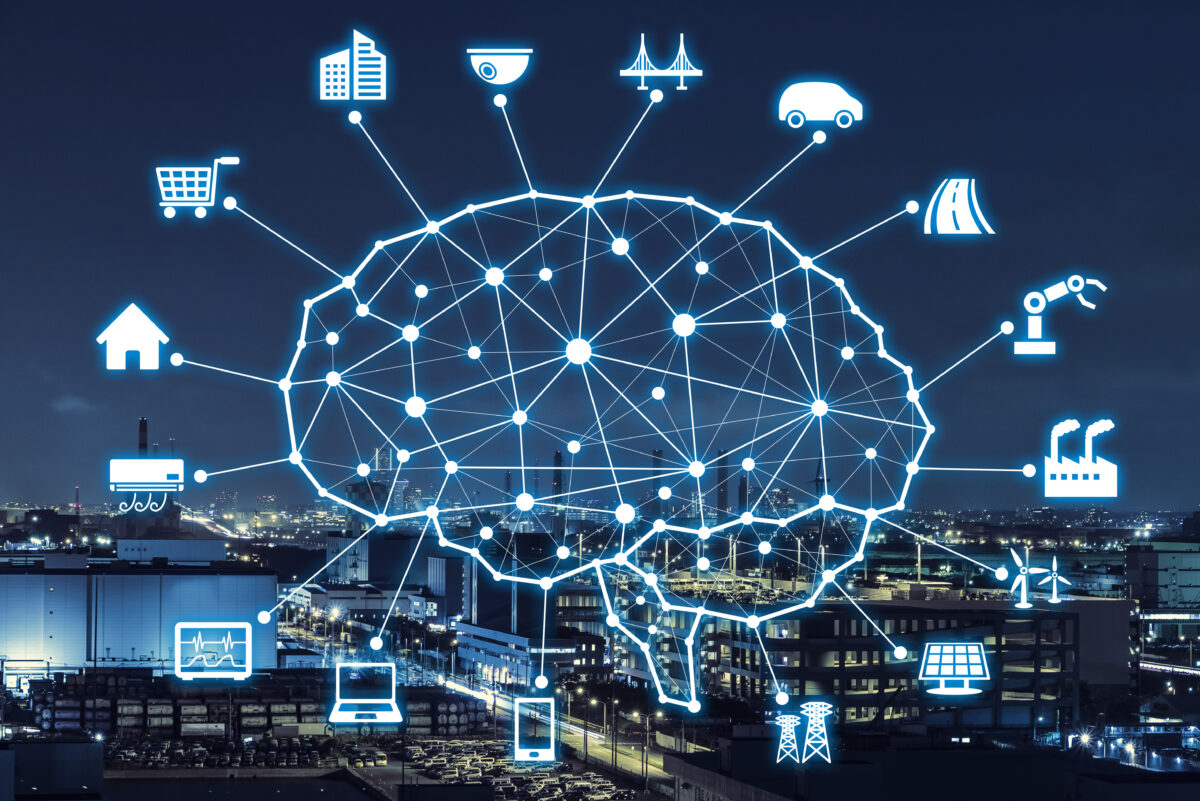The Internet of Things and Energy Management

Introduction
The Internet of Things (IoT), a network of interconnected devices communicating and exchanging data, has revolutionized various industries. In the realm of energy management, IoT plays a pivotal role in optimizing processes, reducing waste, and fostering sustainability.
IoT Applications in Energy Management
IoT applications in energy management are diverse and impactful. From smart meters and grid monitoring to energy consumption tracking and optimization and predictive maintenance for energy systems, IoT technologies enhance the efficiency of energy usage and distribution.
Enhancing Efficiency with IoT in Industrial Settings
In industrial settings, IoT-enabled solutions bring efficiency to a new level. With IoT-enabled industrial equipment, real-time monitoring and control, and automated energy management systems, industries can streamline operations, reduce energy waste, and enhance overall productivity.
Smart Buildings and IoT
Smart buildings leverage IoT for energy-efficient HVAC systems, intelligent lighting and occupancy sensors, and the integration of IoT for overall building efficiency. These technologies not only reduce energy consumption but also create comfortable and sustainable environments.
IoT in Renewable Energy
Renewable energy sources benefit significantly from IoT integration. Through monitoring and optimizing renewable energy sources, predictive analytics for solar and wind power, and enhancing the stability of the energy grid, IoT ensures the reliable and efficient generation of clean energy.
Data Security and Privacy Considerations
The proliferation of IoT devices in energy management raises concerns about data security and privacy. Addressing these concerns involves ensuring secure communication in IoT devices, protecting sensitive energy data, and complying with data protection regulations to build and maintain public trust.
Cost-Benefit Analysis of IoT in Energy Management
A thorough cost-benefit analysis of IoT in energy management is essential. Evaluating the initial investment and long-term savings, considering the environmental impact and sustainability, and assessing the overall return on investment guide decision-making for organizations.
Challenges and Future Developments
Challenges in IoT for energy management include interoperability and standardization challenges, as well as addressing cybersecurity threats. Future developments in IoT are anticipated to focus on overcoming these challenges and further optimizing energy systems.
Real-world Examples of Successful IoT Implementation
Real-world examples showcase the success of IoT in energy management. Smart cities with integrated energy solutions, IoT-driven energy efficiency in manufacturing, and renewable energy farms with IoT applications demonstrate the tangible benefits of adopting IoT technologies.
Conclusion
In conclusion, the Internet of Things is a transformative force in energy management. From optimizing industrial processes to enhancing the efficiency of smart buildings and facilitating the growth of renewable energy, IoT’s impact is far-reaching. Encouraging widespread adoption and addressing challenges will pave the way for a sustainable energy future, where IoT continues to play a central role in shaping a greener and more efficient world.





